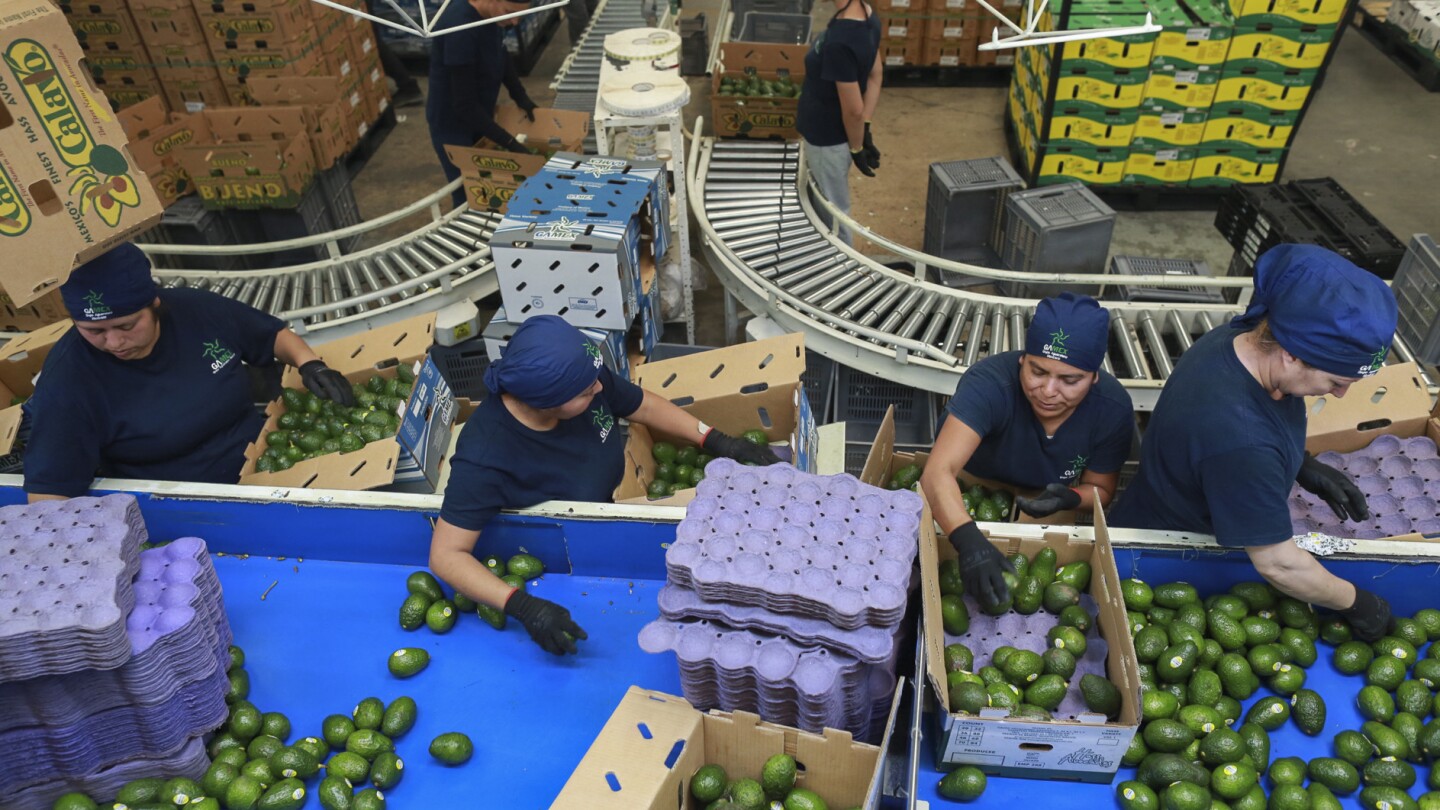WASHINGTON (AP) — Marc Rosenberg, founder and CEO of The Edge Desk in Deerfield, Illinois, is preparing to launch an ergonomic chair designed to alleviate back pain and enhance productivity. Priced at over $1,000 for the premium model, he is hesitating on final pricing and reducing shipments from China to the U.S. due to President Donald Trump’s fluctuating tariff policies with key trade partners: Mexico, Canada, and China.
On Wednesday, Trump reversed his recent 25% tariffs on all imports from Canada and Mexico, exempting autos for 30 days after previously delaying these tariffs in February. Rosenberg faces a 20% tariff on Chinese imports, recently doubled from 10%, but remains uncertain about its final impact.
“The misdirection is making it very tough to plan for the year,” Rosenberg said. Tariffs act as taxes on importers, often passed to consumers, fueling inflation and drawing retaliatory measures from trade partners, harming all economies involved.
Beyond direct costs, tariffs disrupt business decisions on suppliers, factory locations, and pricing, causing delays or cancellations in growth-driving investments. “It creates an enormous amount of uncertainty,” said Eswar Prasad, an economist at Cornell University, noting that this uncertainty unsettles businesses and hinders investment.
During Trump’s first term, U.S. business investment weakened by late 2019, prompting Federal Reserve interest rate cuts. Now, Trump has invoked national emergency powers over border security to impose tariffs on Canada, Mexico, and China, expanding targets to include reciprocal tariffs next month on countries with higher import taxes than the U.S.
This approach undermines the 2020 North American trade deal negotiated under Trump. “Past trade agreements simply don’t mean much if the president can unilaterally violate them,” said Douglas Irwin of Dartmouth College.
Uncertainty grows as Trump’s objectives remain unclear, citing border security, tariff revenue, and trade deficits interchangeably while falsely accusing Canada of banning U.S. banks, despite 16 operating there.
Businesses are bewildered. “I’ve talked to multiple companies that are saying, ‘We’re not moving forward with any investment,” said trade lawyer Gregory Husisian. The Institute for Supply Management’s manufacturing survey highlighted concerns over tariff unpredictability, with companies pausing orders and rethinking budgets.
Taylor Samuels, owner of Las Almas Rotas in Dallas, relies on Mexico for alcohol supplies. Tariff-related uncertainties are forcing him to reassess plans for a new restaurant. Similarly, Sandya Dandamudi of GI Stone in Chicago noted developers face blown budgets, potentially halting projects.
Holly Seidewand, owner of First Fill Spirits in Saratoga Springs, New York, has put expansion plans on hold, delaying business growth.
— news from The Associated Press
